SERIES REVIEW – Amazon’s latest prequel series certainly boasts a visually stunning world, but the script often falls back on heavy-handed lore exposition, which can easily alienate casual viewers. To truly captivate its audience, the series needs more action and a more tightly woven plot.
With Prime Video, Amazon aims to create the next big fantasy hit, one that could rival the success of Game of Thrones. But does it stand a chance? HBO has already set a high bar with its prequel series, House of the Dragon, which enjoys a built-in advantage as part of the established Thrones universe. However, Amazon isn’t leaving anything to chance, pouring its efforts into making The Lord of the Rings: The Rings of Power the new heavyweight champion in the fantasy genre — with a budget that’s visible in every scene. And now, here comes the second season.
What’s in Store for the Much-Anticipated Second Round?
Amazon’s strategy is clear: break out of the standard fantasy mold while keeping die-hard fans engaged. The success of Game of Thrones lay in its ability to appeal to both those who love epic prophecies, mythical creatures, and shocking, bloody twists, and those who typically avoid such fare. Amazon’s other major fantasy production, The Wheel of Time—yes, they’re so committed to conquering the fantasy market that they’ve got a lavish backup series ready in case the main one falls short—has struggled to bridge this gap. However, The Rings of Power takes a different approach. The creators believe there’s no need to reach across audience segments, as the Lord of the Rings franchise is so massive that its fan base and the broader audience are essentially one and the same.
The first season was filled with subtle nods, foreshadowing, and younger versions of familiar characters, alongside newcomers who we suspected were younger incarnations of beloved figures from the Rings universe, just under different names. And, of course, the looming question: Who is Sauron? The main villain masterfully hid behind other forms, keeping us guessing throughout the season: “Is it him? Or maybe it’s him?” Eventually, we found out who he was, but not everyone on screen knows yet, leaving us with a new mystery: Where is Sauron, and who is he deceiving now?
World-Building with a Heavy Dose of Drama
The scenes featuring the machinations of these master manipulators partially help The Rings of Power overcome one of its core issues: that many scenes focus more on building the world than delivering real drama. Characters often engage in long-winded explanations of what happened, what will happen, or what must be avoided at all costs, lest Middle-earth face its doom—all delivered in an overdramatic tone that can easily put off the casual viewer. This effect is only heightened by the peculiar way the elves speak, dramatically rolling their R’s but only when pronouncing proper names—every time “Mordor” is mentioned, it’s as if a Scottish detective is theatrically announcing a murder.
Still, there are redeeming features, most notably the show’s impressive production values. When a giant spider attacks, its movement and terrifyingly realistic face are convincing; when hordes of decaying orcs are needed, hundreds appear, convincingly reeking of stench and filth. Waterfalls, volcanoes, magical trees that you’d rather not stand too close to, and explosions reminiscent of nuclear blasts all come to life spectacularly on screen, while the battle scenes—of which the three return episodes could use even more—are dynamic and gory.
Rookie Harfoots and Battle-Hardened Dwarves
The proto-Hobbit Harfoots, who speak with a strangely Irish accent, are endearing—provided you don’t mind British and Australian actors leaning into slightly cartoonish vocal inflections. The Dwarves, with their Scottish undertones, are also entertaining and win over the audience with their witty lines (“stubborn as a root-bound parsnip,” and the like). These characters lighten the mood compared to the elves, who are consumed with the grave task of safeguarding the three titular rings, each containing the mystical power of mithril. While the male characters tend to get bogged down in lengthy, weighty monologues and ridiculous side-swept hairstyles, Morfydd Clark leads the group skillfully as Galadriel. Her growing presence as a warrior is, however, shadowed by the shame and uncertainty of having been deceived by Sauron’s “charming appearance”—in other words, in Season 1, Sauron was attractive, and Galadriel fell for his charm. When others ask if she’s managed to rid herself of this desire, she doesn’t seem too sure.
So, there is watchable drama here, but the lack of truly memorable moments is palpable, especially when Sauron—or should we say “Saurrrrron!”—grandly declares that “the world will revere you, the Lord of the Rings!” to someone we know is not the Lord of the Rings, because Sauron himself is destined to hold that title, as established in both the books and The Lord of the Rings films. This reminds us that The Rings of Power‘s weakness lies in sometimes being a bit too… Lord of the Rings-y. Unless it can overcome this, winning over a broader audience will be challenging.
-Gergely Herpai “BadSector”-
The Lord of the Rings: The Rings of Power Season 2, Episodes 1-3
Direction - 7.6
Actors - 6.8
Story - 7.8
Visuals/Music/Sounds - 8.1
Ambience - 7.6
7.6
GOOD
The Lord of the Rings: The Rings of Power strives to balance dramatic depth with classic fantasy elements, but ultimately falls short of truly captivating its audience. The series boasts a breathtaking visual landscape but leans too heavily on its own mythology, making it difficult to reach a broader audience. While the foundation is promising, the series still needs to find that unique voice that makes it truly memorable.

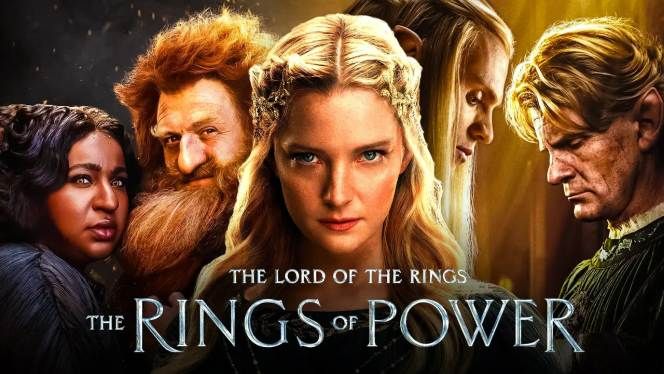
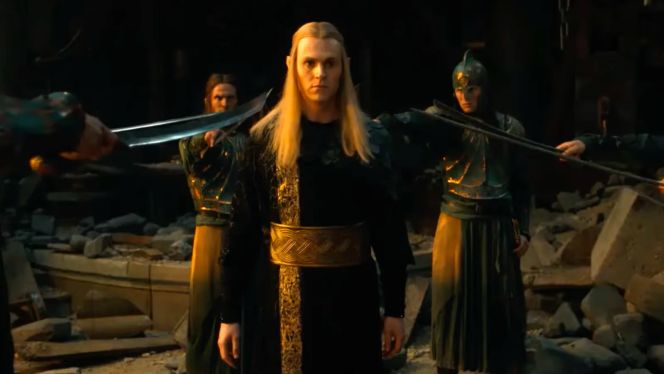
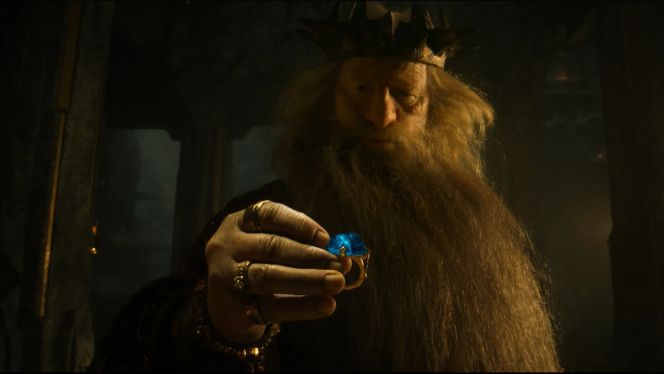

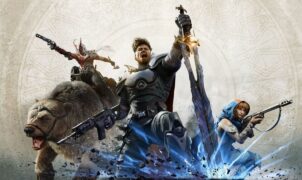



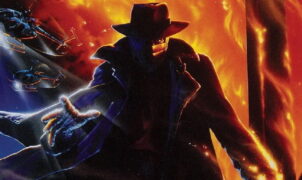




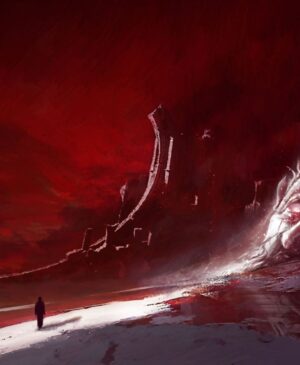


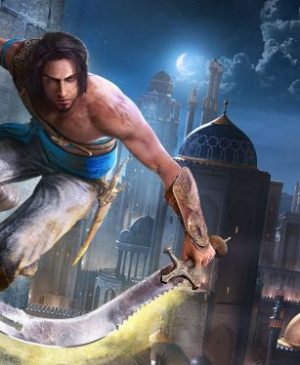
Leave a Reply